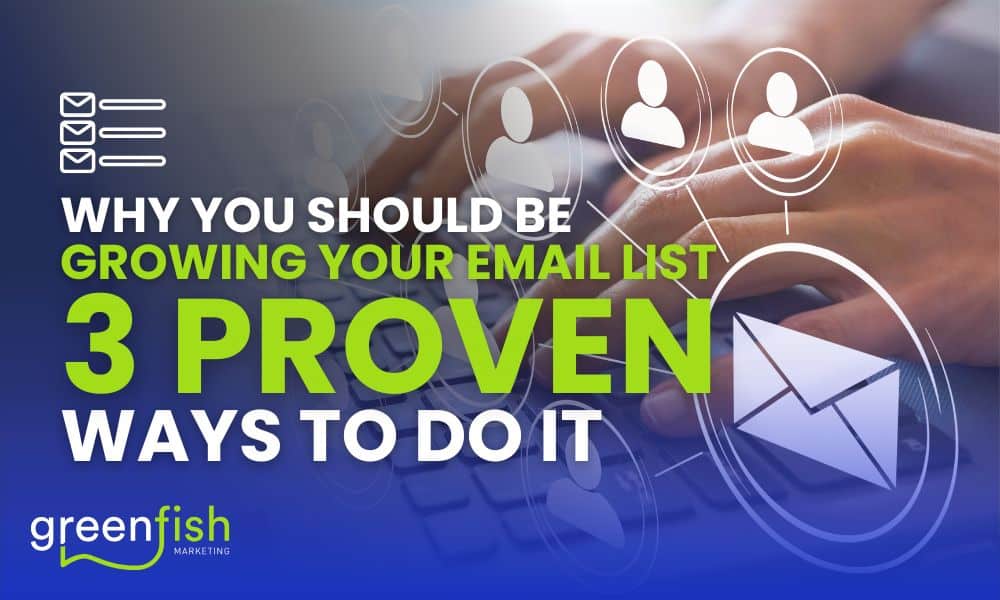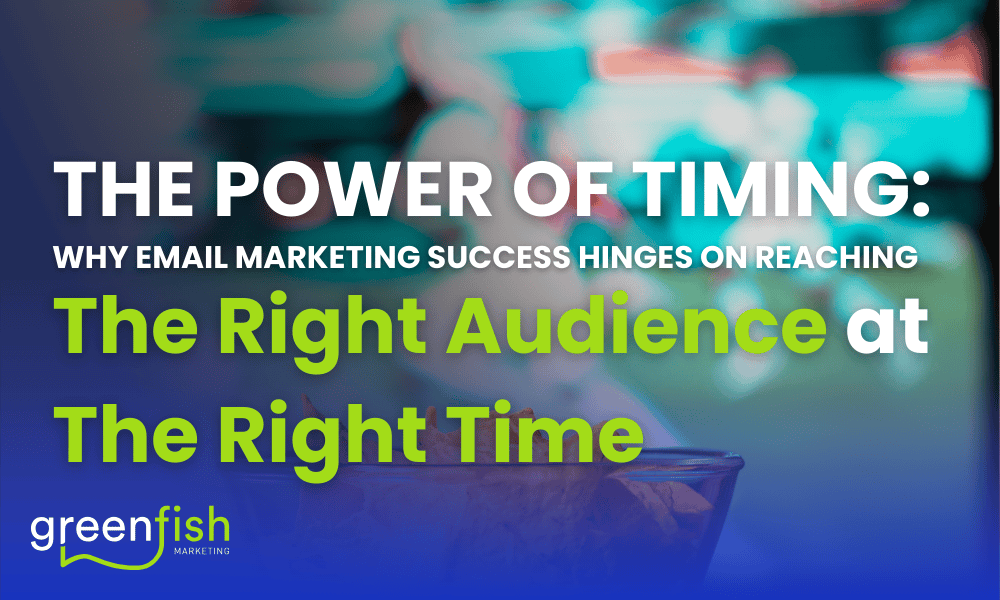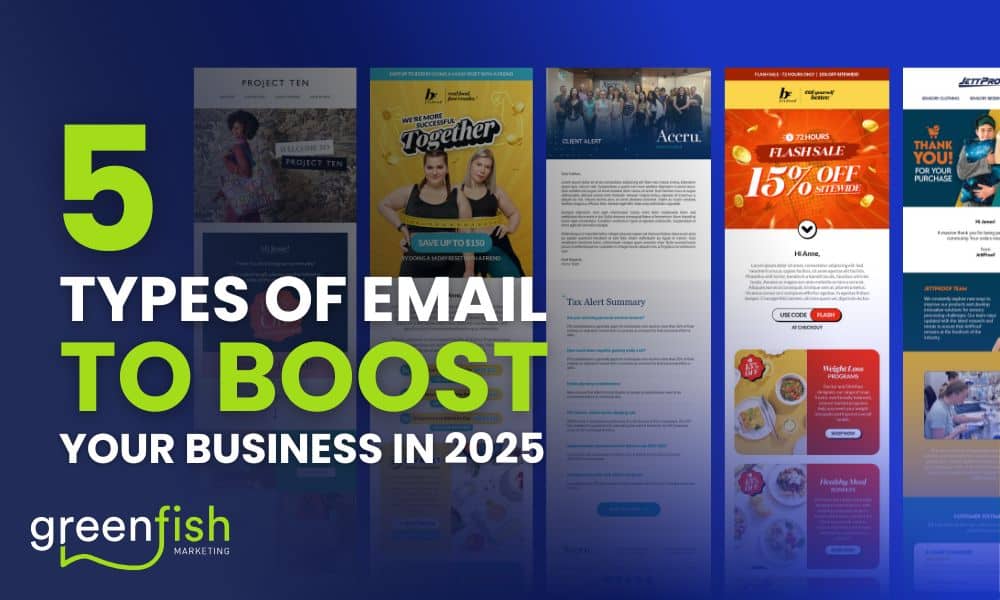We talk about “clean data” a lot when it comes to maintaining and working with a Customer Relationship Management (CRM) platform. “Bad” data is more than just an email address that needs updating in your system or the odd missed sale.
In 2021, Forbes called “bad” data “flying blind” and explained how some studies suggest that data errors and quality may be stripping up to $3 trillion per year from the US economy but warned that figure is hard to gauge as many companies aren’t tracking it. Productivity and lost revenue were the two biggest side effects of data cleansing either not happening, or not being done properly.
Wouldn’t your business like a slice of that $3 trillion pie?
What is CRM Hygiene?
Don’t worry, we’re not telling you to put your CRM in the wash!
CRM Hygiene is basically ensuring that you have a healthy database, by keeping the information you store and use as up to date as possible.
Clean data is generally free from duplicate, incorrect or incomplete information.
CRM hygiene can feel like a mammoth task, especially if it’s been awhile since you’ve made any attempt to cleanse your data, but it’s a case of short term pain for long term gain. It’s also something that’s easy to incorporate into daily practices and processes to keep it running the way it should.
Here are some easy to action tips to keep your data squeaky clean:
- Create standards for how data will be input into your CRM. Include how things like date formatting should be done. Document the process, communicate it to all stakeholders, and monitor to ensure compliance.
- Consider limiting editor access to your CRM. It’s important to give people the tools they need to do their job, but it may be unrealistic to expect everyone to be able to follow CRM data processes as well.
- Regularly cleanse your data. Outsource this if you need to, but if you’re doing it in house, come up with a strategy and allocate appropriate resources to the project for it to be done properly. It can be as simple as
- Make life easier for yourself! Use system functionality like dropdown fields to reduce data entry errors and inconsistencies. Optimising your CRM setup can be a key step in keeping your data clean and usable.
Why Does CRM Hygiene Matter?
Clean data is usable data. It can be really difficult to use your data effectively if it’s inaccurate or incomplete. This can have a flow on effect on everything from your reporting to your marketing efforts and even your customer satisfaction.
Have you ever gotten an email that’s accidentally been addressed to your surname, is missing information or otherwise not quite right? That’s nearly always because of a CRM data issue.
A CRM is not just a digital address book, it’s a tool that is used to build, maintain and nurture relationships with your customers. It’s your history. It’s your potential. It’s everything when it comes to being able to effectively grow your business.
Computer World describes bad CRM data as like having “sand in your gears” and we love that analogy because it’s true. It doesn’t immediately stop you from getting anywhere, but it does continually cause friction to the point where you basically need to start over.
Here are some of the key ways your business will benefit from the data you’re holding being accurate and up to date:
1. Your CRM Supports Your Sales Team
It’s all well and good to set your sales team targets and recruit people to help you reach your ideal customers, but you need to set them up for success too. Accurate, well maintained CRM data can help your sales team identify potential business for your organisation, and track their progress and efforts.
No matter how boutique or personalised your service is, your team is never going to be able to remember every detail about every customer so a properly maintained CRM is essential. It also ensures that as your business shifts and grows, your valuable customer data isn’t lost in people’s memories or personal email inboxes.
You can take it even further by automating certain parts of the sales pipeline so that your team’s time is spent nurturing those relationships and not doing tedious administrative functions.
2. Your Contacts Are Your Customers
Humanise your data. Don’t think of it as another job, or something faceless. Every contact in your CRM is a person who has some kind of relationship with your business and keeping their data up to date is another part of nurturing that bond.
CRM Contacts are all potential sources of revenue, and it’s essential to know information about them. While up to date contact information such as an email address is important, so is knowing their current position in your customer life cycle and their previous interactions with you – because this is going to tell you what they need from you next. If you wait for them to let you know, they might already be exploring their options elsewhere.
Happy customers are repeat customers, and a CRM will help you maintain satisfaction in your offering. You know yourself how frustrating it is when you’re doing business with someone and have to constantly remind them of every detail about past interactions – it doesn’t make you feel valued or like you should keep spending money or effort with that organisation.
A good CRM knows what your customers need before they do and with properly maintained data, you can implement powerful automations that can help grow your business.
Segmentation Is Essential For Growth
Segmentation offers you the ability to separate people into groups so you and your team can better nurture them through their customer journey.
The more personalised your marketing and communications efforts can be, the more they are likely to convert for you and segmentation is a crucial link in that chain. You will never be able to craft the perfect message for “everyone”. But what you can do is create subsets and groups within “everyone” in your database to tailor the communication to suit.
The simplest way to explain why segmentation matters is to imagine you’re a car dealership. How you interact with someone who has just purchased a new vehicle VS how you interact with someone who hasn’t is going to be dramatically different. Someone who has just bought a car doesn’t want to be sold a car every time they contact or are contacted by the business, they’ll be more interested in aftercare, maintenance and accessories.
A segmented database would let dealerships go that extra mile without any extra effort. Imagine being able to send someone who purchased a new car a series of emails congratulating them on their purchase, and then reminding them of things like their service schedule in real time.
Your CRM can power that for you when it has been optimised with up to date information and some strategic use of its technical functions.
3. Your CRM Impacts Digital Marketing Success
Do you know how many unique customers you actually have? Do you know their history with you? If not, how are you measuring your marketing results?
Email marketing return on investment can be as high as $42 per $1 spent, and if you’re sending promotional or transactional text messages your open rate could be as high as 98%.
If you want to see those kinds of results for yourself, up to date contact information is essential, as is the ability to track customer behaviour and preferences. It is impossible to effectively communicate with and track the effectiveness of the communications without an optimised CRM.
4. Your CRM Can Give You Automated Revenue
Automation can sound intimidating but it’s easier to set up than you may think, and it makes your system do the hardest work for you.
An optimised CRM with clean data can make you real money without requiring hours of administration.
These automations can do everything from update customer information to continuing a lead through a sales funnel but they won’t work as well if you’re accidentally sending the same customer four different offers or your leads aren’t correctly segmented.
Data accuracy is only part of the puzzle – data consistency matters too when it comes to automations. You need to have fields formatted the same way to ensure that your software applications can perform the automated functions the way they’re supposed to.
5. Your Reporting Is More Accurate With Good Data
How much time do you or your team have to spend fixing reports you pull from your current systems? With a little (or a lot) of manual manipulation, it’s “easy” enough to clean up reports to improve their accuracy, but it still takes someone’s time and resources to create (or troubleshoot) Excel macros and tweak the data to get you the figures you want.
We use data to tell us what to do next, we should expect it to be accuracy and set our software up for success to do the number crunching for us. We often see businesses who practically work for their software and it should be the other way around!
The better your data, the better your reporting will be which lets you plan, track and measure the next stages of your business’ growth and see where you need to focus on.
A CRM is only ever going to be as good as its data, which is why ensuring that you’re prioritising clean, usable data is essential.
If you’re not sure how to get started on your own CRM Hygiene regime or want to make your system work smarter for you, book a Strategy Call with the Greenfish Marketing team today.
We specialise in CRM set up, maintenance and best practices and know how to automate the right steps in your processes to improve your bottom line.




